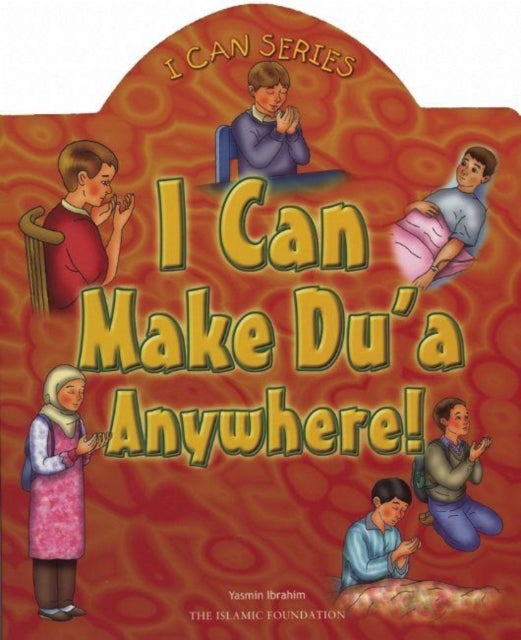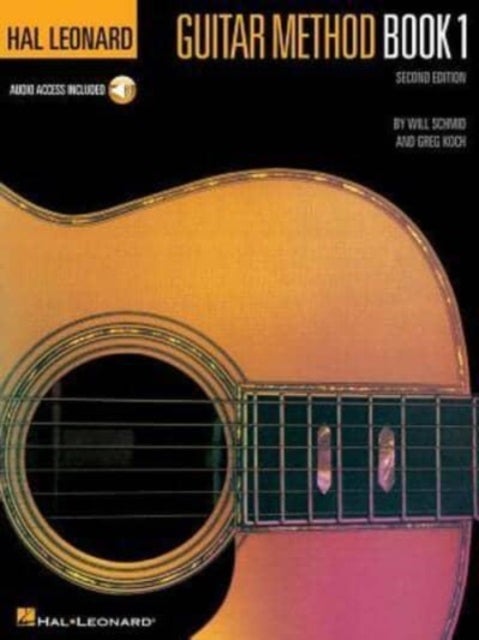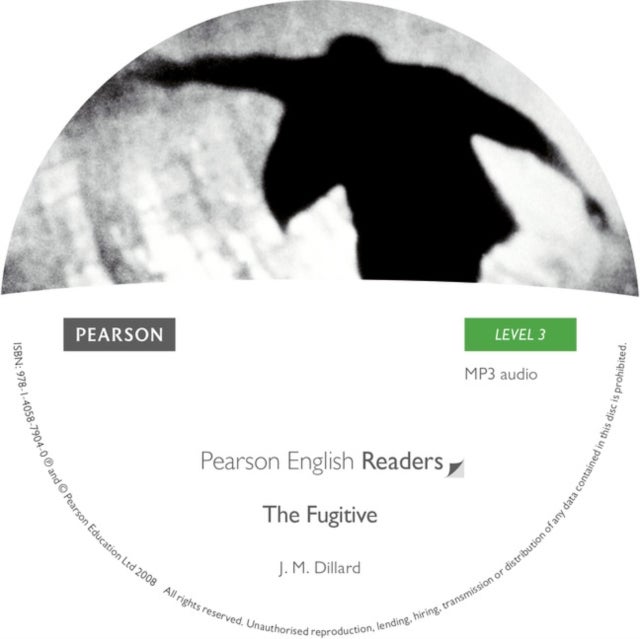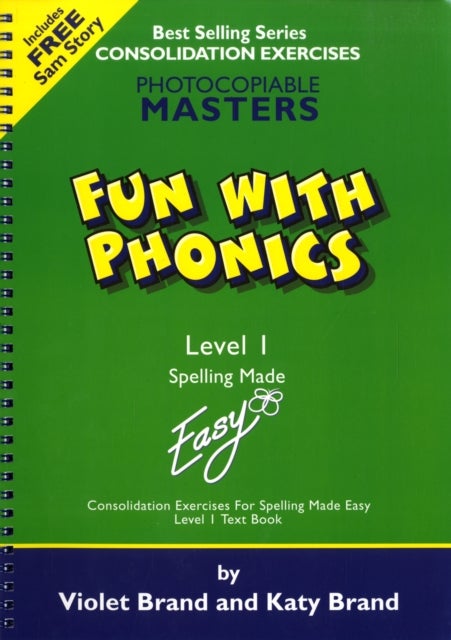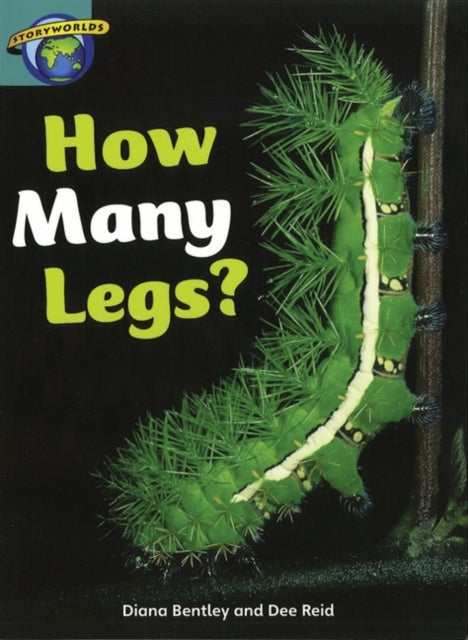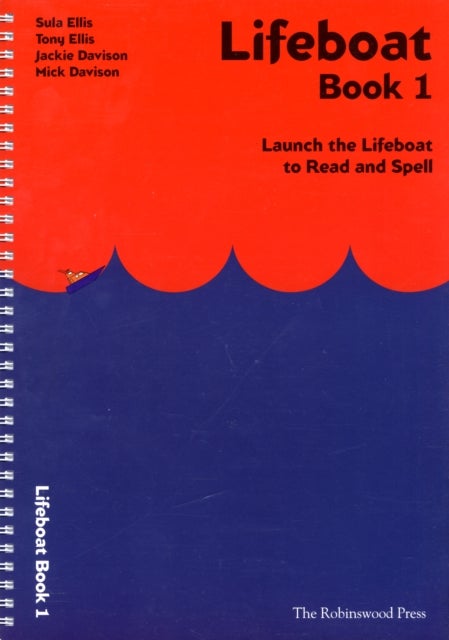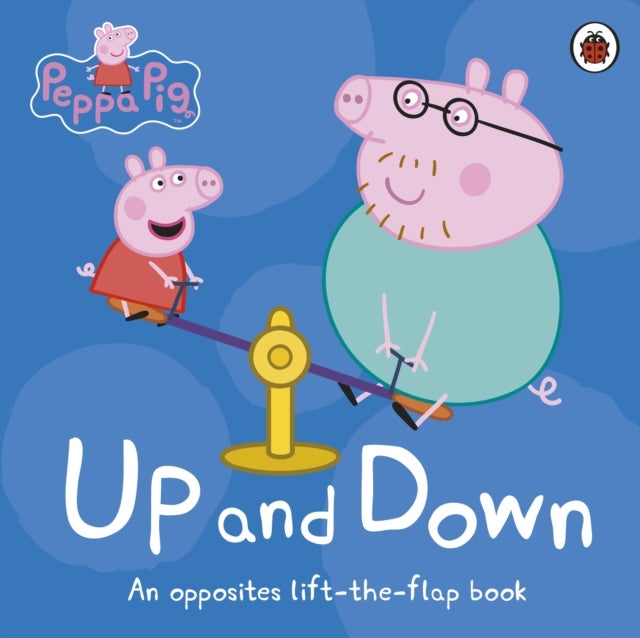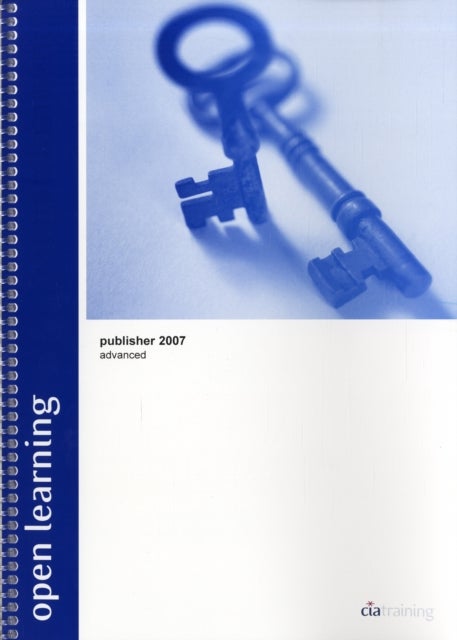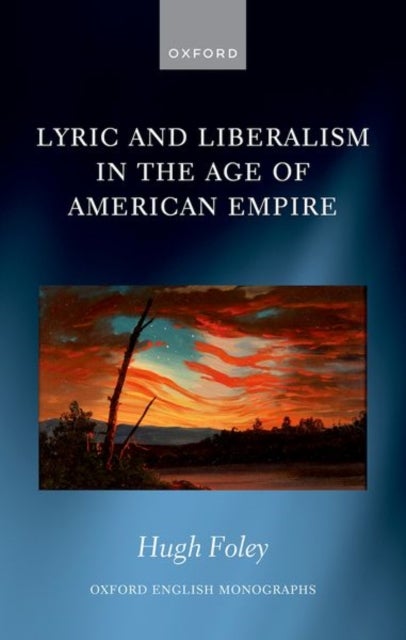
Lyric and Liberalism in the Age of American Empire av Hugh (Teaching Fellow in English Queen Mary University of London) Foley
1029,-
What is the difference between the ¿I¿ of a poem--the lyric subject-- and the liberal subject of rights? Lyric and Liberalism in the Age of American Empire uses this question to re-examine the work of five major American poets, changing our understanding of their writing and the field of post-war American poetry. Through extended readings of the work of Elizabeth Bishop, Robert Lowell, Amiri Baraka, John Ashbery, and Jorie Graham, Hugh Foley shows how poets have imagined liberalism as a problem for poetry.Foley''s book offers a new approach to ongoing debates about the nature of lyric by demonstrating the entanglement of ideas about the lyric poem with the development of twentieth-century liberal discussions of individuality. Arguing that the nature of American empire in this period--underpinned by the discourse of individual rights--forced poets to reckon with this entanglement, it demonstrates how this reckoning helped to shape poetry in the post-war period. By tracing the ways a lyr

